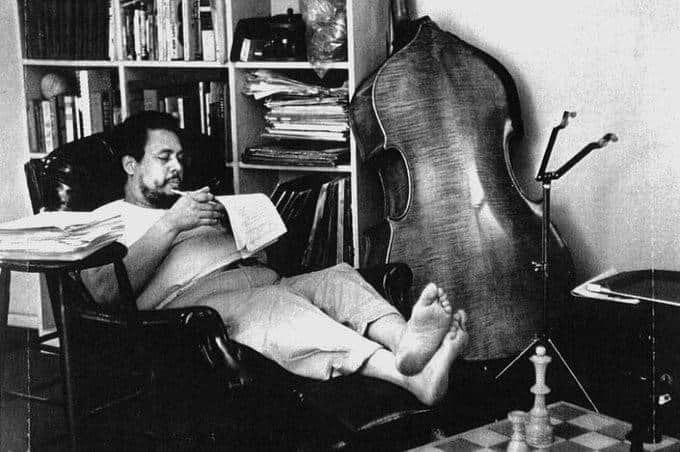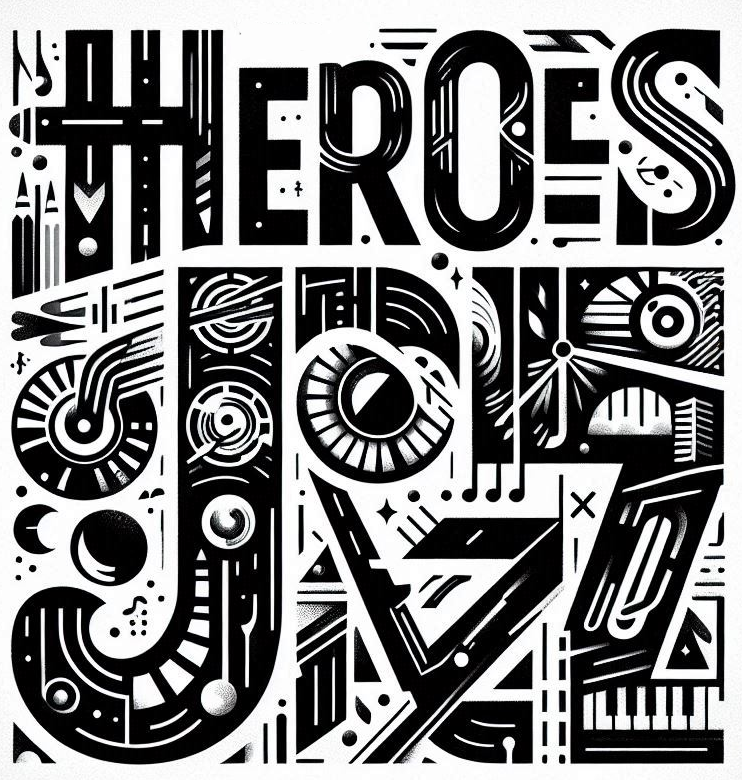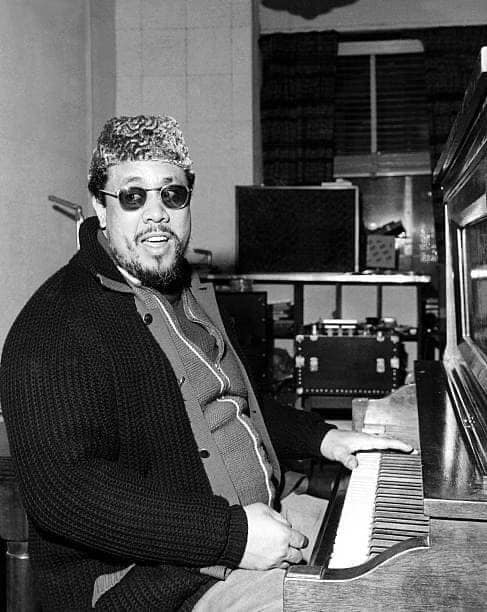
Charles Mingus was no ordinary man. He was larger than life, not only as a great jazz bassist and band leader, but as classical composer Gunther Schuller claimed, was one of America’s greatest composers.
Born in Arizona, but raised in Los Angeles. Mingus was of Negro, Chinese and Indian heritage. In his own words, he never fit in, being too light to be accepted as a negro and too dark to be white.

He was ahead of his time composing avant garde and what came to be called 3rd Stream music in the 50s, a combination of modern classical and jazz. He studied Schoenberg scores and played with Buddy Collette.
Early in his career he played and recorded in a band including Charlie Parker, Dizzy Gillespie, Thelonious Monk and Max Roach. He briefly played in his idol Duke Ellington’s band until getting fired for getting into a knife fight with trombonist Juan Tizol – something about negros not being a good music readers?
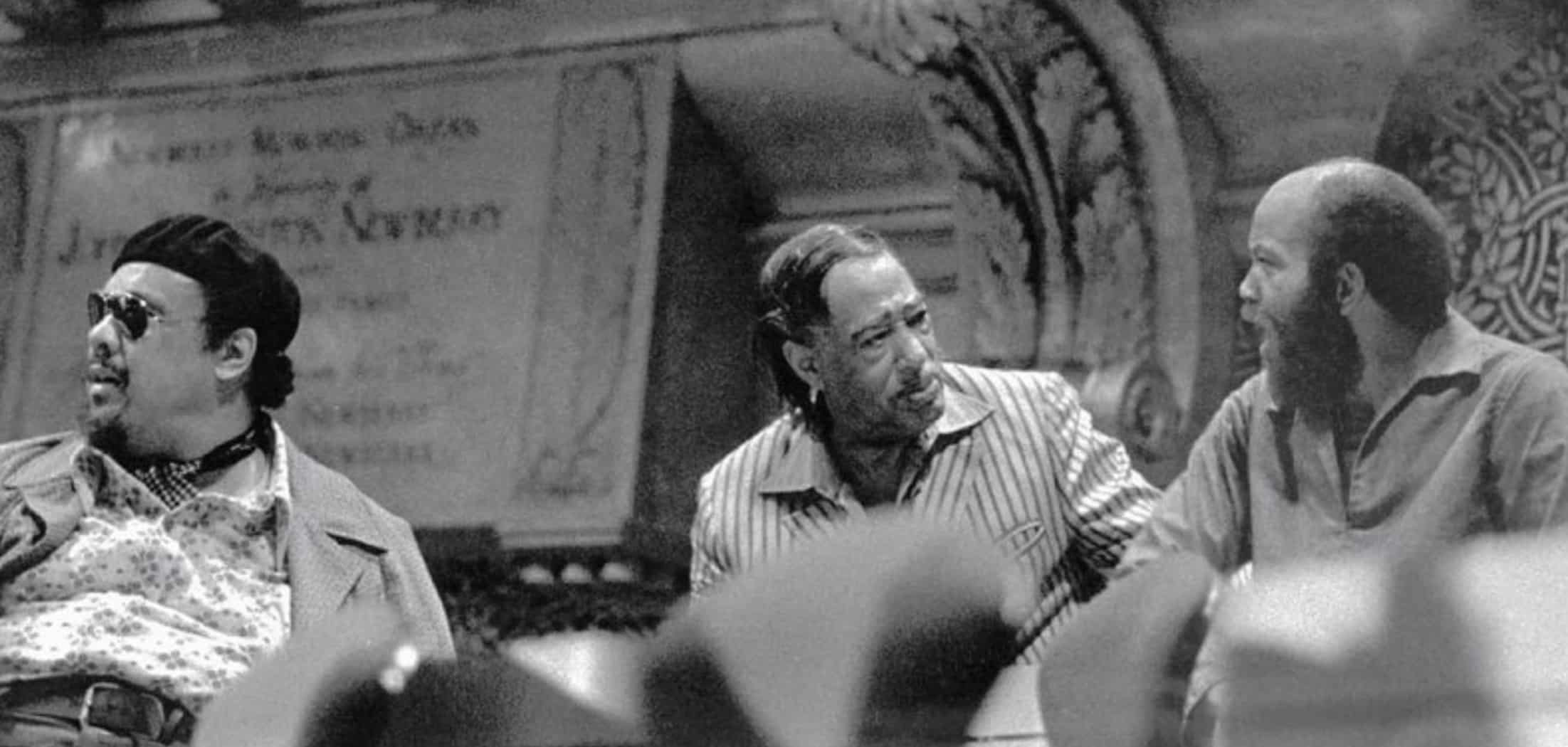
Mingus was passionate, direct, volatile, and angry. He was known to criticise American racism which can be heard in his song Tales of Fabius, about the injustices carried out by then Governor Fabius at Attica prison.
He was angry about the lack of recognition and poor living conditions of an American jazz musician; made famous in his autobiography Beneath the Underdog in which he describes how he was evicted from his Greenwich Village apartment after not paying rent. This was made into a movie where you can see his furnishing and belongs being thrown out on the street.
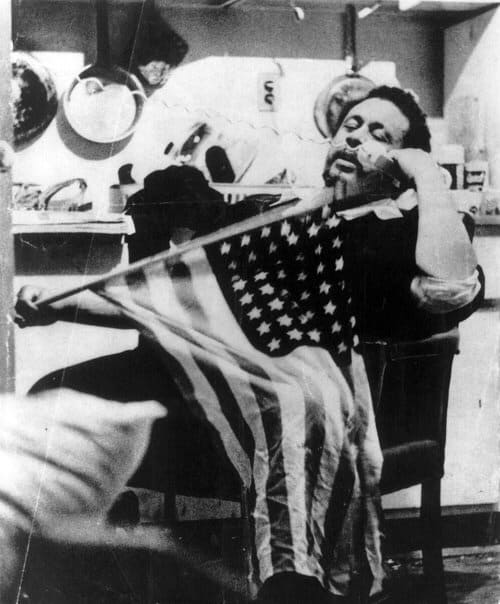
Mingus’ music is hot and complex with intricate horn arrangements drawing on blues, jazz, classical, gospel and world folk music. He didn’t write songs, he wrote compositions. He was a superb bassist and improvisor. I saw him perform at Carnegie Hall as part of the Newport Jazz Festival in the 70s with a Flamenco dance troupe.
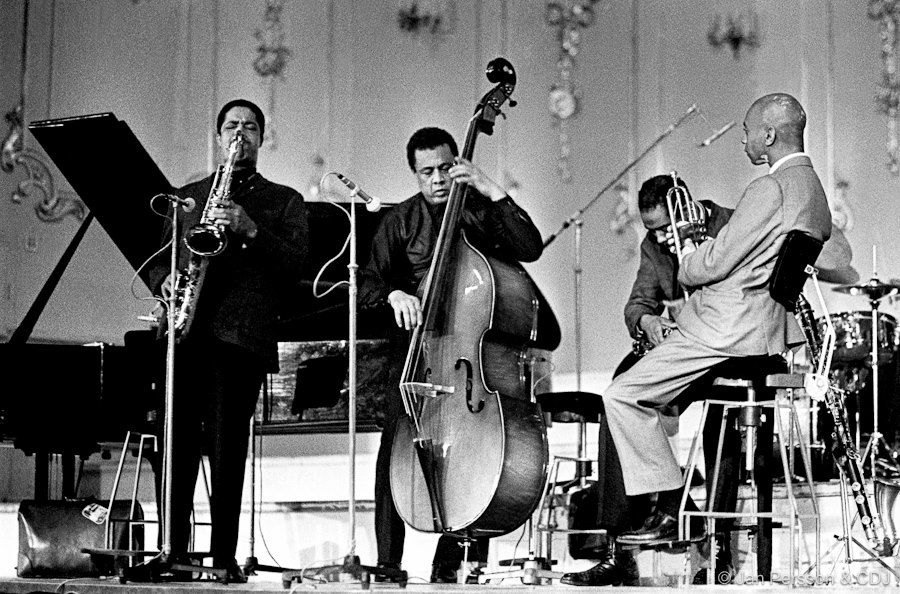
He managed to keep excellent groups together, ranging from simple quartets to big orchestras. He performed and recorded with only the best musicians including Eric Dolphy, Booker Ervin, Danny Richmond, John Handy, Jackie McClean. Jaki Byard and Ted Curson. Later in his career his concerts and recordings included Lee Konitz, Gene Ammons, Rahsaan Roland Kirk, Larry Coryell, and Mike Brecker. He even collaborated with Joni Mitchell writing compositions for her album ‘Mingus’.
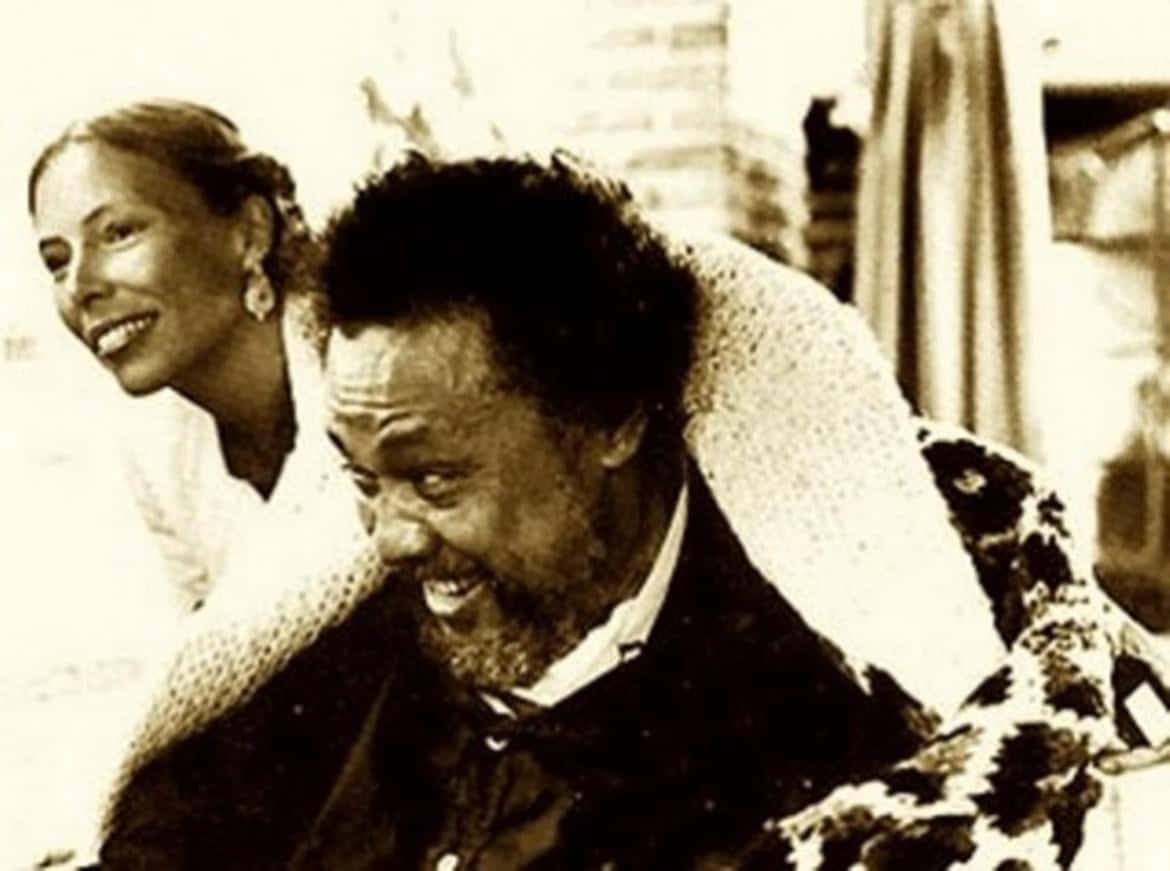
He famously would often conduct concerts as if rehearsals, stopping in the middle of a composition, apologising, and starting over when things were not going to his satisfaction. An example would be his famous Town Hall concert which was considered a disaster.
Mingus was tough. When things got rough in the recording industry, he started his own music label. Unfortunately, not tough enough to beat Lou Gerring disease which in the end, killed him, even after going to Mexico for treatment with an Indian Shaman. According to his dying wish, his ashes were sprinkled in the Gulf of Mexico with the whales.
